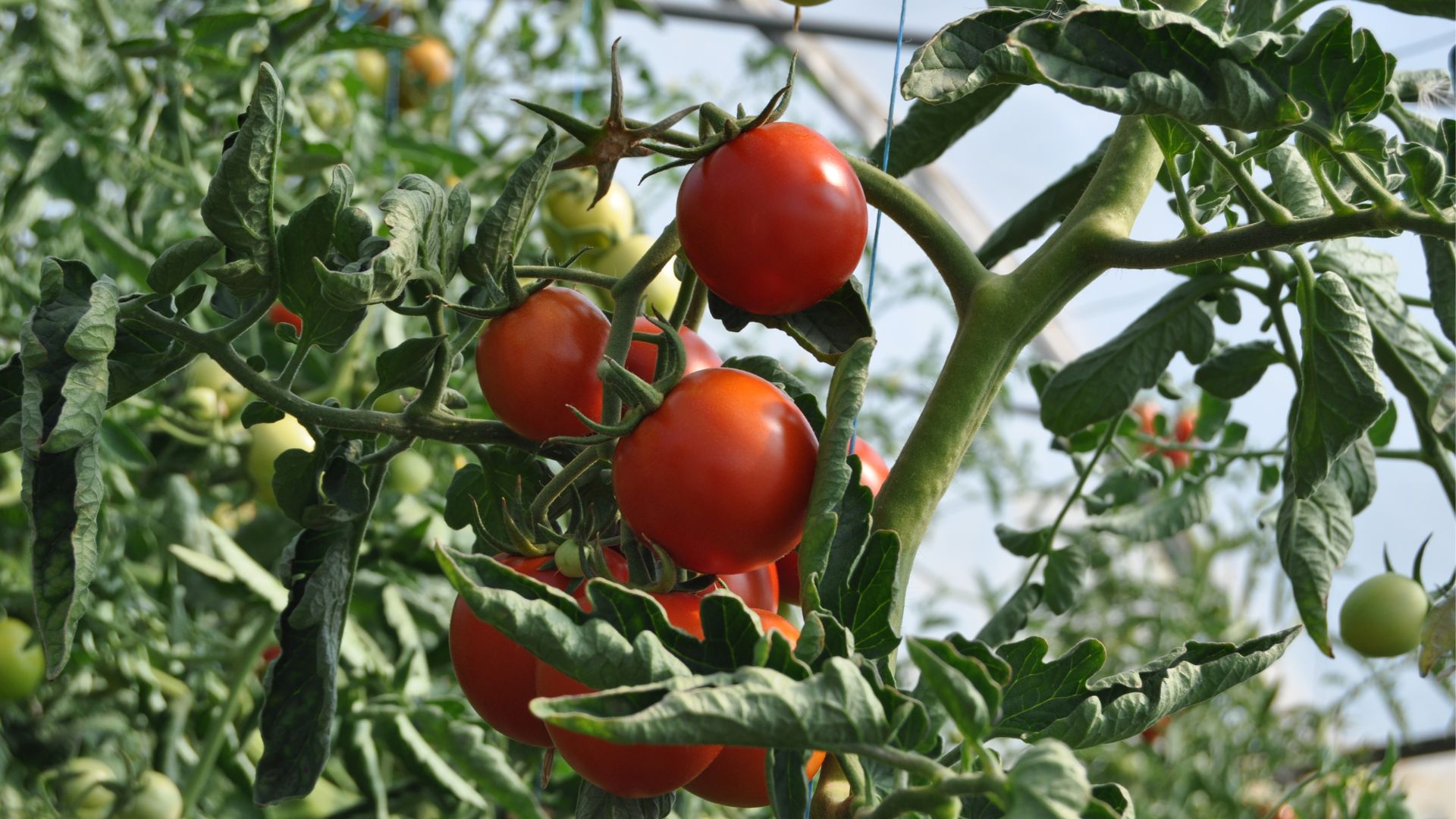Italian farmers’ association Coldiretti reported that the country is producing just four out of the 10 pears that they normally do. Overall, European pear supply has plummeted by 13%.
In mid-April, Spain’s main agricultural association, the Coordinator of Farmers’ and Ranchers’ Organisations (COAG), released a report warning that the dry period is causing “irreversible losses” to 3.5 million hectares of crops.
“Spain is one of the most important growers of vegetables,” Porter said.
“Water for irrigation and high sunshine levels means that it can normally grow fruit and vegetables very well… however, all crops suffer at temperatures above 40C and some reservoirs are only a quarter full.”
Olive oil production has also suffered a “deep decline,” said Kyle Holland, Oilseeds and Vegetable Oils Analyst at Mintec.
Spanish olive oil production is usually 1.3 million to 1.5 million metric tonnes. This year, production is likely to be 700,000 metric tonnes maximum.
Advertising helps fund Big Issue’s mission to end poverty
“From a consumer and farmer perspective, it is troubling,” he said.
“Some crops are at the mercy of weather patterns.”
Meanwhile, a cold British summer is hitting UK farmers
It’s not only European farmers who are under pressure. In the UK, a cold and wet spring and then summer, interrupted by a heatwave in June, has waterlogged several crops.
“It’s a global problem, because these supply chains and commodities are global,” said Holland.
The rice price index hit its highest level in almost 12 years in July according to the UN, after heavy rains in India forced the country to ban exports of non-basmati white rice.
The British Retail Consortium said that its members were providing “excellent service” for customers, but that they were being put under pressure by the inclement weather.
Advertising helps fund Big Issue’s mission to end poverty
Director of food and sustainability Andrew Opie said: “Supply chains are under pressure from a variety of reasons including extreme weather conditions, inflation, the pandemic, labour shortages and the war in Ukraine.”
What is heatflation?
As climate change bites, the pressures on global supply chains are likely to bring up inflation even further.
According to a 2023 study, continued global warming will increase food prices between 0.6 and 3.2 percentage points by 2060.
“Inflation goes up when temperatures rise, and it does so most strongly in summer and in hot regions at lower latitudes, for example the global south,” said Maximilian Kotz, the paper’s first author and a scientist at the Potsdam Institute for Climate Impact Research.
Get the latest news and insight into how the Big Issue magazine is made by signing up for the Inside Big Issue newsletter
Last summer’s record droughts pushed up European food prices by an additional 0.67 percentage points, the researchers found.
Advertising helps fund Big Issue’s mission to end poverty
“The heat extremes of the 2022 summer in Europe is a prominent example in which combined heat and drought had widespread impacts on agricultural and economic activity,” they wrote.
Your support changes lives. Find out how you can help us help more people by signing up for a subscription
Can agriculture adapt?
As weather patterns change, scientists are working hard to develop climate resilient crops.
The University of Sheffield’s Institute for Sustainable Food, for example, has found ways to grow crops like beans, rice, and wheat, using less water.
It takes around 2,500 litres of water to produce a single kilogram of rice. But in 2018, ISF scientists bred a crop that uses 40% less water by manipulating microscopic pores (Stomata) on the plants’ leaves.
Eventually, science like this could help protect global food supply and the livelihoods of growers.
Advertising helps fund Big Issue’s mission to end poverty
“Stomata help plants to regulate their water use, so this study could have a significant impact on other crops which are at risk as climate chaos takes hold,” ISF’s Julie Gray, Professor of Plant Molecular Biology, said at the time.
Do you have a story to tell or opinions to share about this? We want to hear from you. Get in touch and tell us more.









